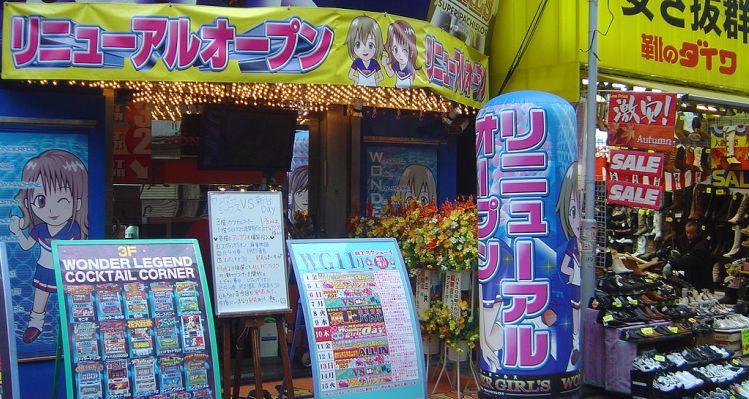Monday in Japan saw a decade-old struggle end with the “Act Promoting Implementation of Specified Integrated Resort Areas” taking effect on December 26, 2016. Casinos can now become legal in the land of the rising sun.
The act was championed by current Prime Minister Shinzo Abe and former PM, Taro Aso setting up a two-stage legislative process in which the first step, ‘facilitation’ has been implemented. The next phase, ‘implementation’, will go beyond basic policy and process and consist of a series of bills needed to address the actual operation of Japanese casinos, the number of venues possible, locations, taxation, and various other details.
Passage of The Act became possible with Abe’s Liberal Democratic Party (LDP) gaining enough seated members and political clout together with other parties through the “Alliance for the Promotion of International Tourism”.
The zealous political activity and ‘ram-rodding’ was not without political costs as recent polls showed a nearly 6 percent drop in the public’s approval of the LDP since the bill’s passage.
Much of the public concern over the bill was fear of gambling addiction and other perceived social ills that may emerge or become entrenched in Japanese society. Opposition leaders will have plenty of leverage when problem gambling and anti-money laundering concerns are hammered out in the legislative process.
As currently written, the law allows only for land-based casinos and is intended to: “set out the fundamental principles, fundamental policies and other fundamental matters relating to the promotion of the implementation of Specified Integrated Resort Areas, and to do so in a comprehensive and intensive manner,” in order to contribute “to the development of tourism and local economies, as well as improvement of the financial position.”
The law does not mandate but encourages the government to act on subsequent legislation within one year.
Article 2.1 of The Act specifically mandates that private entities, rather than the government will operate the casino resorts and directly forbids public entities from establishing them.
Outside interests will most likely need to partner with Japanese firms in order to meet certain requirements for site and other approvals, fitting into and meeting the needs of the selected region as well as providing tourism and revenues. Both a ‘competent minister’ and a local government will need to approve any plans submitted.
So, while the December 15 passage of The Act is a milestone only achieved after 10 years of discussion since the LDP created a report in 2006 entitled, “Japan’s Basic Policy concerning the Introduction of Casino Entertainment,” political wrangling within the Diet, legal fights over implementation, and lobbying efforts at the national and local levels could delay actuation for several years before ground is ever broken.
For now, Japanese citizens and the ever increasing number of tourists in the country can enjoy placing wagers on horse racing and other ‘public sports’, or try their luck at other certain ‘skill-based games’ such as the heavily gadgetized pachinko machines or pachislo slots similar to UK fruit machines.



